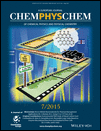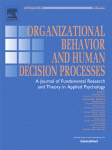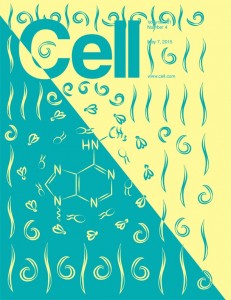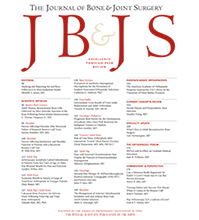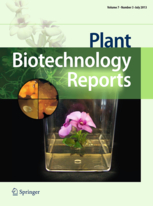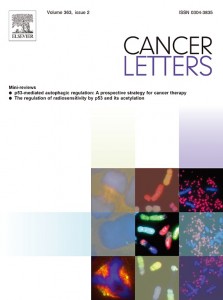 There’s been a 10th retraction from two former postdocs at a UT-Southwestern cancer research center who were sanctioned by the Office of Research Integrity (ORI) last September, in part due to observations and comments from Retraction Watch readers.
There’s been a 10th retraction from two former postdocs at a UT-Southwestern cancer research center who were sanctioned by the Office of Research Integrity (ORI) last September, in part due to observations and comments from Retraction Watch readers.
It’s a 2008 Cancer Letters paper, “Methylation of apoptosis related genes in the pathogenesis and prognosis of prostate cancer,” retracted at the request of Makoto Suzuki, the first author who has claimed responsibility for falsifying data in this and five other papers. Continue reading ORI-sanctioned former UT-Southwestern cancer researchers up to 10 retractions
